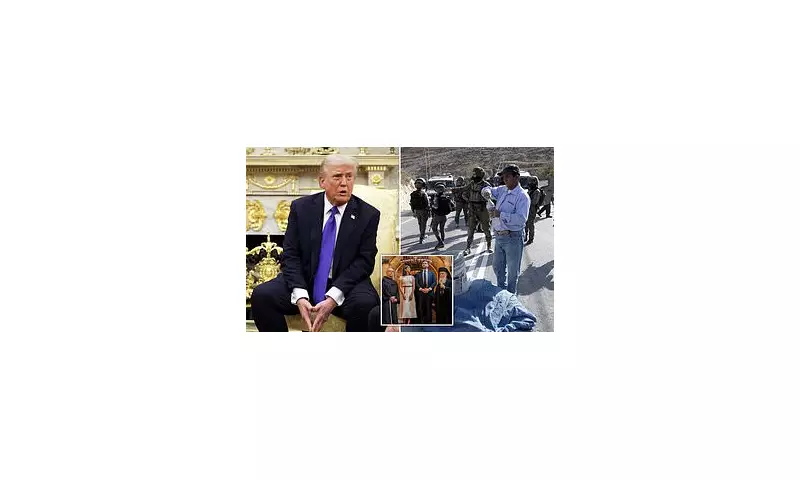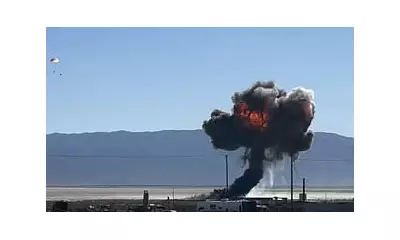
The political landscape has been rocked by explosive revelations from Donald Trump's inner circle, with his vice-presidential pick JD Vance declaring support for Israeli annexation of the West Bank. This controversial stance threatens to upend decades of international diplomacy and has drawn sharp criticism from global leaders.
A Diplomatic Earthquake
In what experts are calling a radical departure from established foreign policy, Vance confirmed during a campaign interview that a future Trump administration would green-light Israeli land acquisition in occupied territories. "We will let the Israelis do what they need to do," Vance stated, signalling a dramatic shift in American Middle East policy.
International Backlash Intensifies
The announcement has triggered immediate condemnation from Palestinian authorities and European allies. Palestinian official Hussein al-Sheikh described the position as "a blatant aggression against the Palestinian people," while warning it would "destroy the foundations of peace" in the region.
British foreign policy experts have expressed deep concern about the potential consequences. "This isn't just about changing policy—it's about dismantling the entire framework that has governed Middle East negotiations for generations," noted Dr. Sarah Wilkinson, Middle East analyst at Chatham House.
Historical Context and Future Implications
The West Bank, home to nearly three million Palestinians, has been occupied by Israel since 1967. International law considers Israeli settlements there illegal, though Israel disputes this interpretation.
Vance's comments suggest the Trump campaign is prepared to:
- Reverse decades of US foreign policy precedent
- Legitimise Israeli settlement expansion
- Alienate key European allies including the UK
- Potentially trigger renewed regional conflict
Political Fallout and Election Consequences
The timing of these revelations, coming during a heated presidential campaign, raises questions about the Trump campaign's strategy. Some analysts suggest this represents an attempt to consolidate support among evangelical Christian voters, while others see it as genuine alignment with hardline Israeli positions.
As the international community digests these developments, one thing appears certain: the already volatile Middle East peace process faces its most significant challenge in decades, with potential repercussions that could echo across global diplomacy for years to come.





